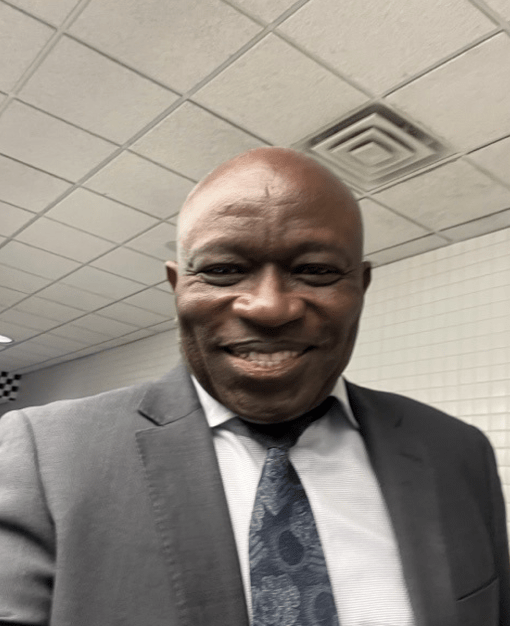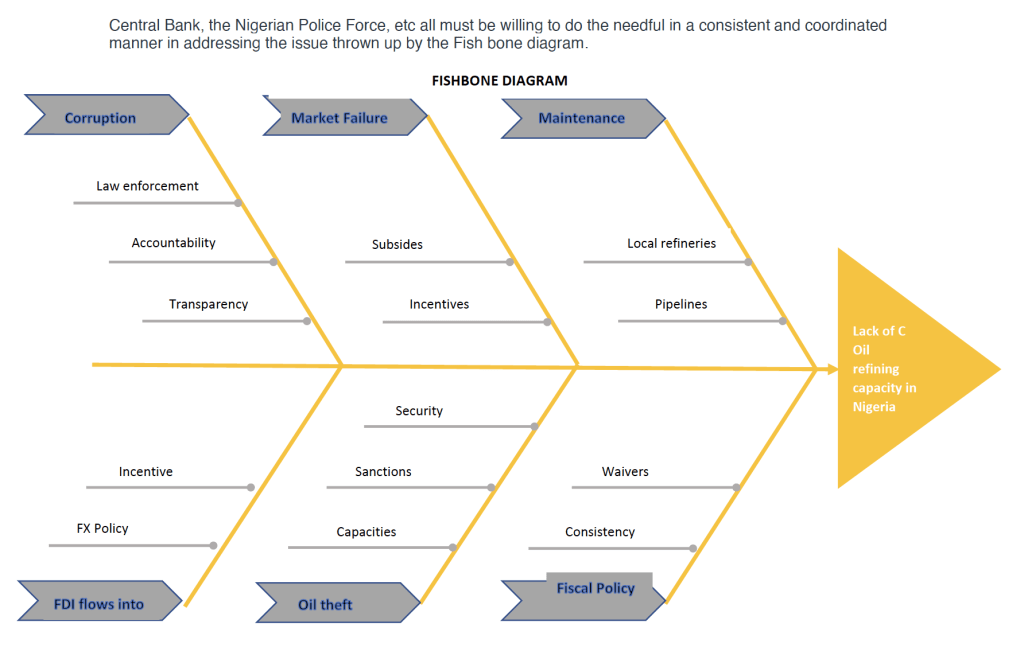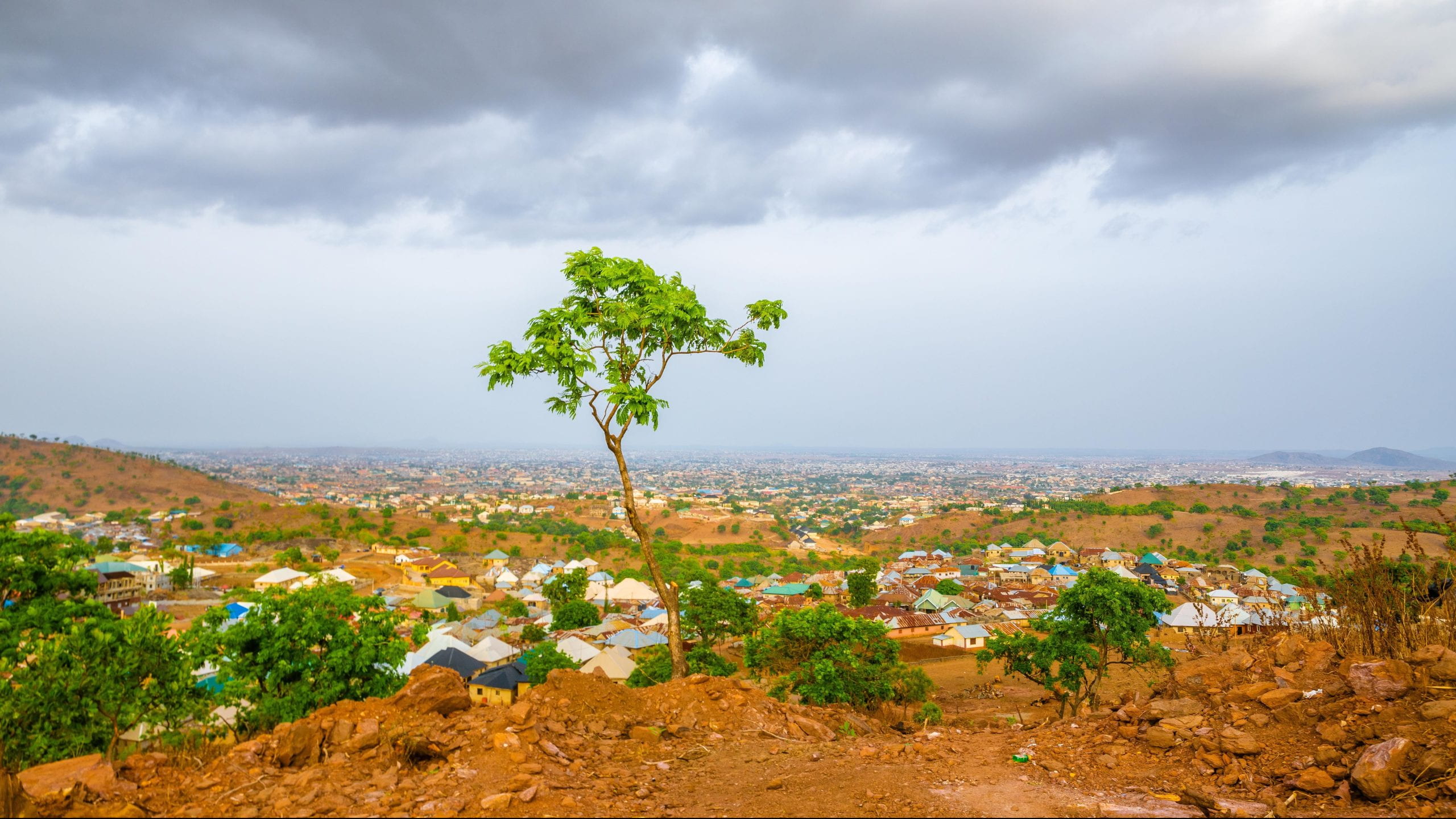Guest blog by Nyeso George
The last six months has been like six years learning the nuggets of policy implementation especially using the PDIA Technique. In the process, how I plan to use what has been learnt and my key takeaways can be summarized as follows:

Centrality of clarity in problem definition – in most cases what we see and present as problem awaiting solution are hydra headed and can be drilled down to make it more amenable to solutions through the iterations and the Fish bone concept. For instance, what I choose as the problem was to be redefined through many iterations to remove ambiguity and in the process, I came to realize that most of the problems formulated had no SMART objective that can easily be effectively evaluated. Accordingly, it was easier to incrementally approach the problem making small but quick wins. For instance, a country with Nigeria’s kind of challenges ordinarily should be thinking more of small modular refineries than big, gigantic refineries that maintenance and management would be challenging especially when publicly owned. In this, instance clear definition of the problem exposed me to identify corruption, weak institutional arrangements, skills gaps, policy inconsistency, political will, tensions between elite consensus and elite conspiracy as some of the major challenges that need to be addressed while fixing the problem of local crude oil refining capacity. I will therefore continue to as much as possible clearly define problems, stating them in simple form that objectives and evaluation can be seamless clearly stating the cause-and-effect relationships.
Lessons on Learning and Leading is another major component of my gains in these past six months. While I have been deploying it unconsciously it was this program that really made me realize it’s the same tool at some lower level. I learnt that learning and leading needs to be cascaded down alongside with adaptations to all team members as an existential part.
Apart from the insights on the Potency of the Fish bone, the associated Iterations refines the problems at the same time consciously or unconsciously simplifies it by exposing the interconnectedness. For instance, in course of the study, I realized that the fish bone exposed such important elements as the flexibility of the capital movements and exchange rate policy, regulatory environments, corruption, skills gaps, etc. Once the fins of the fish bone expose them, it becomes incumbent to settle them along the line and this idea will guide me going forward in all policy matters.
- Team Building remains a potent but complex issue that must be prioritized. Team selection, skills mix and divergence as well as competencies and members interests are important. More importantly, making teamwork requires trust and confidence building, empowerment, and delegation as well as motivations and encouragements are critical to teams’ harmony and productivity. I was afraid of delegation before this course but now more confident to delegate even in my place of work. Team building also survives on more questions and listening among members to enhance free communication and feedback. Already I have been adopting this in my place of work and will continue to do so.
- The beauty of incremental approach is another takeaway from this course, and it will remain part of my lifelong lesson. Before now, policy matters are handled and seen in the context of total or grand delivery. Today, I have seen and learnt through the PDIA that it’s the incremental successes recorded over time that cumulatively bring the big successes. For instance, incremental or achieving little successes over time cumulatively remains the best option. Historically too I have come to realize that apart from the recent experience of Angola and Egypt, addressing the issue of fuel subsidy was achieved with minimum resistance in the 1980s in Nigeria. Accordingly, going forward, I will continue to use this technique.
- One area of relative success during these 6 months, is the extra awareness and engagement with the Advisors of the leading Political Parties the media on the as recent success stories from Angola and Egypt, especially that of Angola which has very similar macro characteristics with Nigeria. It is now a consensus among the leading Political parties that after the national elections in February 2023, which ever Party that won the election will fix this challenge through a well-coordinated policy response and regulatory reform.
- Final lesson for me is that policy implementation does not necessarily begin and end in the big government offices as many of us had earlier believed, but rather take place literarily through the learning and leading process on the streets, in the offices, homes, airplanes, talk shops, media and everywhere either as connectors, authorizers, implementers, etc, everyone building a critical mass of ownership and consensus in which ever capacity however small it might be.
In course of the program, some of the challenges encountered included managing the trust deficit between government and citizens. Many that were engaged with during informal and sometime formal conversations were not sure of the sincerity of government. Many believed that the usual corruption of preferring to sell the crude through 3rd parties and cronies of those in government granting licenses and permits to friends and political associates to import and retain kickbacks and profiteering will not end. To my greatest surprise, some of aides to very senior government officials who apparently are beneficiaries hold contrary views and need additional efforts to convince them. These are of course the authorizers at various levels so one can imagine. There is also the issue of when to exactly stop iteration which in my view I am gradually overcoming with more and more examples.
Another major challenge was the issue of lack of trust on my part and fear of failure all of which hindered my initial approach to delegation and team building. Perhaps, because of the distance and mostly the virtual engagements, the trust element was low on my part but with encouragement from the faculty and the experiences shared by Ola Group members Group members. I pressed on hoping to improve on it.
Progress Made
In my view, some progress has been made including reaching out to top advisors of the two leading political parties on the imminent crisis facing the nation and the need to effectively and timely implement this policy of having a sustainable local crude oil refining capacity to conserve scarce resources. In this regard, while I cannot claim credit for the emerging consensus, I can say with humility that the outreaches to the various authorizers, connectors, and the pool of resources I have assembled for them (learning experiences from Angola and Egypt) has somehow also contributed into and extracting a consensus among the political class of fixing the problem after the elections.
A major insight on the approach is that there must be crack Teams needed to be built around creating awareness and clear communication strategy, mobilizing resources including various strata of the society – market women, traditional and religious leaders, academia, civil societies, etc, Besides, while the top-level authorization is what is paramount, other levels of authorizations have a critical role to play in encouraging the later. For instance. While the Presidency remains the topmost authorizer, other line Ministers that of Finance, Industry, Petroleum Resources, Anti-corruption, Central Bank, the Nigerian Police Force, etc all must be willing to do the needful in a consistent and coordinated manner in addressing the issue thrown up by the Fish bone diagram.

Certainly, PDIA especially – the continuous iteration using the Fish bone has become a permanent feature in my official and person, tool kit. More convinced on the preference for incremental or small – small wins rather than the big ones that hardly comes. I will endeavor to construct and de- construct problems, deploy the 4Ps aim always at working assiduously with the authorization environment to make it more responsive by providing more options.
In addition to the insights on the Potency of the Fish bone, the associated Iterations refines the problems at the same time consciously or unconsciously simplifies it by exposing the interconnectedness. For instance, in course of the study, I realized that the fish bone exposed such important elements as the flexibility of the capital movements and exchange rate policy, regulatory environments, corruption, skills gaps, etc. Once the fins of the fish bone expose them, it becomes incumbent to settle them along the line and this idea will guide me going forward in all policy matters. For some time now, I have embraced delegation and team trusts. I have also been adjusting to my whole idea of legitimacy and authorization and intend to continue more in the journey.
This is a blog series written by the alumni of the Implementing Public Policy Executive Education Program at the Harvard Kennedy School. Participants successfully completed this 6-month online learning course in December 2022. These are their learning journey stories.
